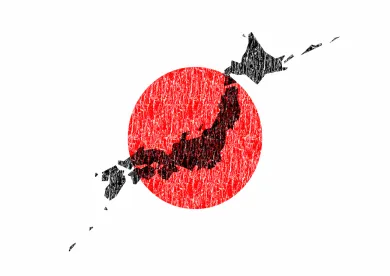The Japanese government has issued a series of orders to freeze assets owned by the Russian government and related banks, companies, and individuals, in coordination with the international community’s sanctions on Russia for its invasion of Ukraine.
From the financial sanctions perspective, the asset freezes are twofold:
-
Any payments to the listed persons are prohibited without specific permissions.
-
Any capital transactions, e.g., depositing, entrusting, and lending transactions with the listed persons are prohibited without specific permissions.
The Japanese government issued the sanctioned-persons list, which included certain governmental agencies, companies, and individuals related to the Russian Federation, the self-proclaimed Donetsk and Luhansk People’s Republics, and Republic of Belarus, imposing asset freezes on the newly designated persons. See relevant lists on the Ministry of Finance website.
A notable aspect of the Japanese sanctions is that these measures prohibit payments via crypto assets. So, any payments or capital transactions to the sanctioned persons made by crypto assets are prohibited without government permissions.
Accordingly, a crypto exchange in Japan that handles a crypto-asset transfer from a Japan resident to a recipient on a sanctions list may not execute the transfer transaction. Also, if the recipient is suspected of being on the sanctions list, the crypto exchange may not execute the transfer of crypto assets until the person is cleared from being on the list. If it turns out that the crypto-asset transfer recipient is a sanctioned person, the crypto exchange must immediately report to the relevant regulators.
Individuals or entities doing business involving Japan should screen the parties to any Russia- or Ukraine-related transactions to ensure they do not appear on the new Japanese sanctions lists. Given the complex and quickly evolving sanctions landscape, companies doing business with Russia should also conducting regular compliance reviews to ensure they do not violate Japanese or other applicable sanctions laws.



 />i
/>i
